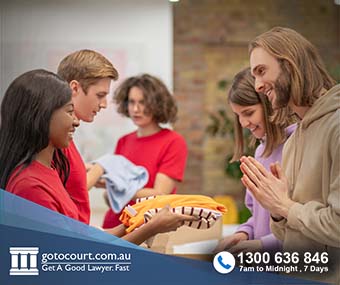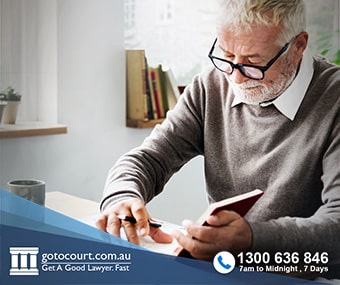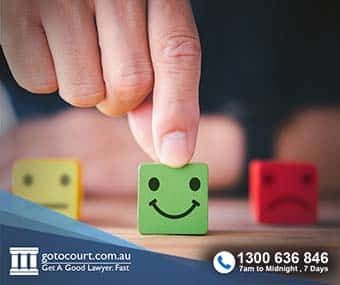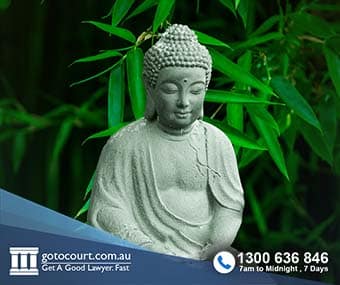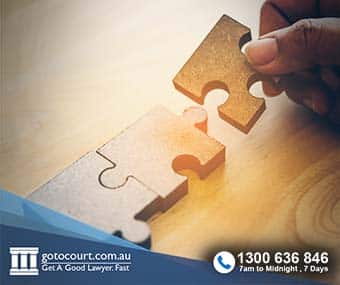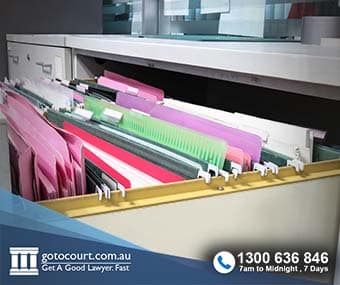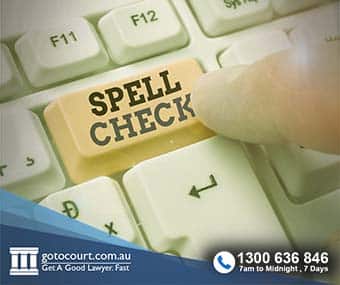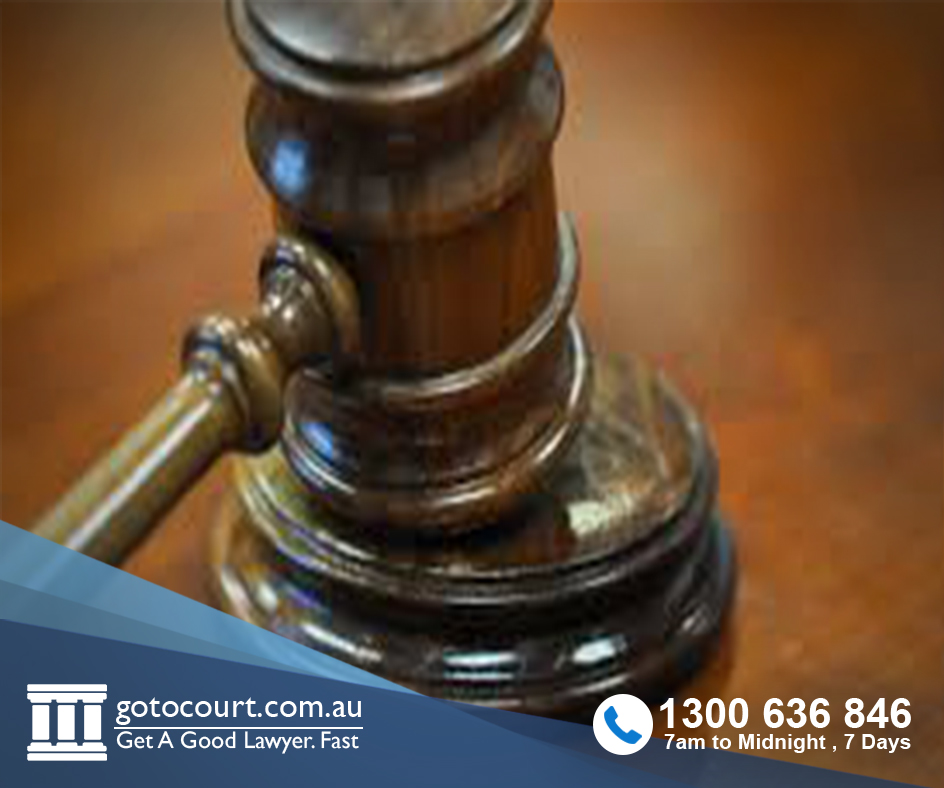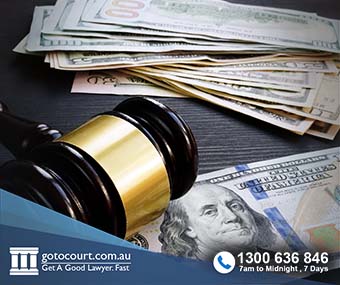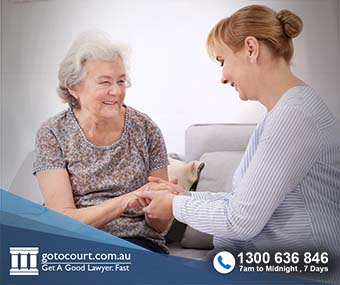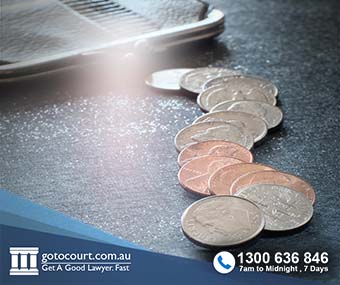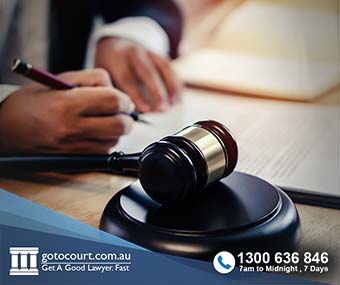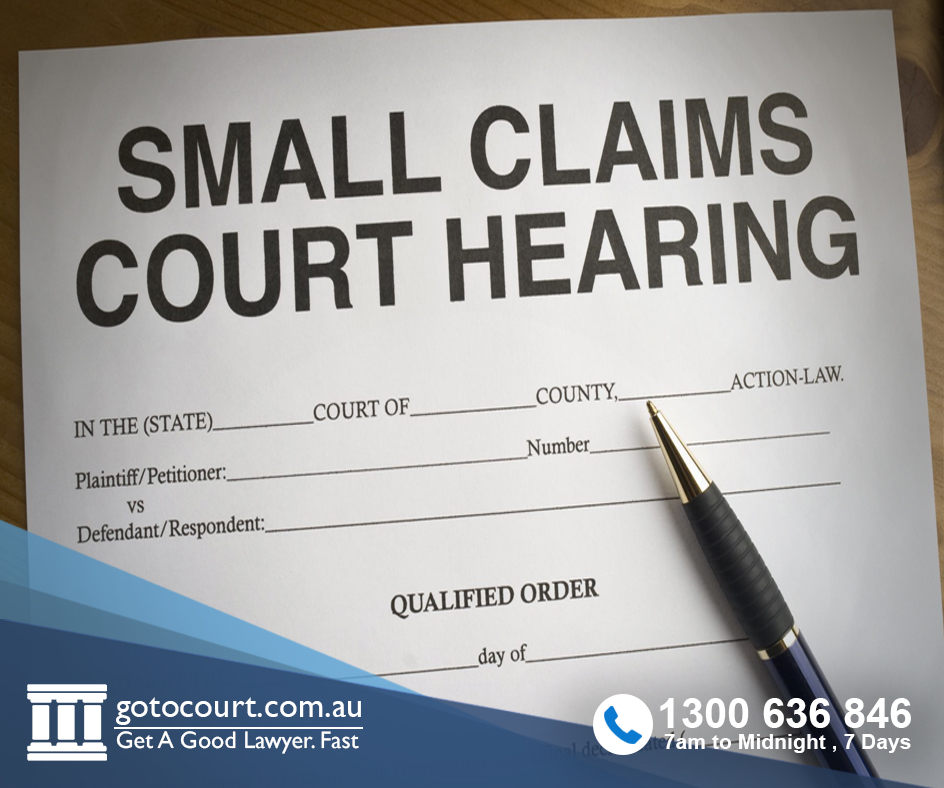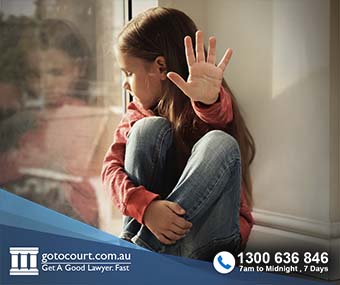Call our lawyers
now
or,
have our lawyers
call you
The Jones v Dunkel Rule
Updated on Jan 10, 2023 • 4 min read • 803 views • Copy Link
The Jones v Dunkel Rule
The 1959 High Court decision of Jones v Dunkel established an important principle of evidence law, which has become known as the Jones v Dunkel rule. The case concerned an action in negligence where the defendant failed to give evidence in circumstances where he could reasonably be expected to have done so. The court considered whether the failure of a party to call a witness may give rise to an inference that the witness’s evidence would not have assisted the party.
The facts in Jones v Dunkel
The Plaintiff in Jones v Dunkel was killed on the Hume Highway while driving a truck. He was found dead in the truck at the side of the road. A diesel truck driven by Hegedus, who was an employee of Dunkel and who was hurt but not killed, was found to the rear of the truck.
Hegedus made a statement to police from hospital three days later, which stated:
“I was travelling down a slight grade at a speed of about 35 miles per hour and had just taken a right hand bend in the roadway when I saw a vehicle coming from the opposite direction. The lights of the on-coming vehicle appeared to be bright. I applied my brakes and I do not remember anything further. Light rain was falling at the time and the roadway was wet and slippery.”
The wife of the deceased driver sued Dunkel for negligence, arguing that her husband’s death was caused by Hegedus’ negligent driving.
The jury direction
The defence did not call Hegedus to give evidence. The Plaintiff argued that the jury ought to be allowed to take into consideration the defence’s failure to call him as he was ‘the one person who could have told them the facts.’
The judge directed the jury that the defence counsel was responsible for the conduct of the defence. As no evidence had been called by the defence, the jury must decide based on the plaintiff’s evidence, whether an inference of negligence could be drawn against the defendant.
The jury found in favour of the defence.
The plaintiff appealed.
The appeal
On appeal, a majority of the High Court found that the failure of the defence to call Hegedus as a witness when the central issue was whether or not he had been driving on the wrong side of the road, gave rise to an inference that his evidence would not have been favourable to the defence. The court found that the jury had been misdirected and ordered a new trial.
The rule
The rule in Jones v Dunkel is that when there is an unexplained failure by a party to call evidence, to call a witness or to tender documents or other evidence, the court may draw an inference that the uncalled evidence would not have assisted the party.
However, the court may only draw such an inference if appropriate circumstances exist. An inference can be drawn where an uncalled witness is a person who could reasonably be expected to shed light on facts relied on by a party as the basis for an inference favourable to that party. An unfavourable inference cannot be drawn solely on the basis that a witness was not called; the evidence must support the inference.
The Jones v Dunkel rule applies in civil proceedings. It also has limited application in criminal proceedings.
Criminal proceedings
In criminal proceedings, a Jones v Dunkel inference can be drawn when the prosecution fails to call a witness who could reasonably be expected to be called. The unexplained absence of a witness who was present when the alleged offence occurred can give rise to an inference that nothing that witness could have said would have assisted the prosecution case. However, the court may not infer that the evidence such a witness would have given would have been damaging to the prosecution case. It may though more readily accept evidence given by witnesses called by the defence as their evidence is not contradicted by anything the absent witness might have said.
It is not permissible for a court to draw a Jones v Dunkel inference in relation to a failure by the defence to call a witness except in very limited circumstances. If there are additional facts that would contradict the prosecution case and they are solely within the knowledge of the accused or a witness that the defence could have called, then the defence’s failure to call such evidence may be commented on. However, the accused’s mere failure to give evidence to contradict the prosecution case may not give rise to any inference.
If you require legal advice or representation in a civil law matte or in any other legal matter, please contact Go To Court Lawyers.


Affordable Lawyers
Our Go To Court Lawyers will assist you in all areas of law. We specialise in providing legal advice urgently – at the time when you need it most. If you need a lawyer right now, today, we can help you – no matter where you are in Australia.How It Works








1. You speak directly to a lawyer
When you call the Go To Court Legal Hotline, you will be connected directly to a lawyer, every time.


2. Get your legal situation assessed
We determine the best way forward in your legal matter, free of charge. If you want to go ahead and book a face-to-face appointment, we will connect you with a specialist in your local area.


3. We arrange everything as needed
If you want to go ahead and book a fact-to-face appointment, we will connect you with a specialist in your local area no matter where you are and even at very short notice.




